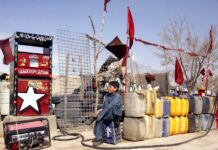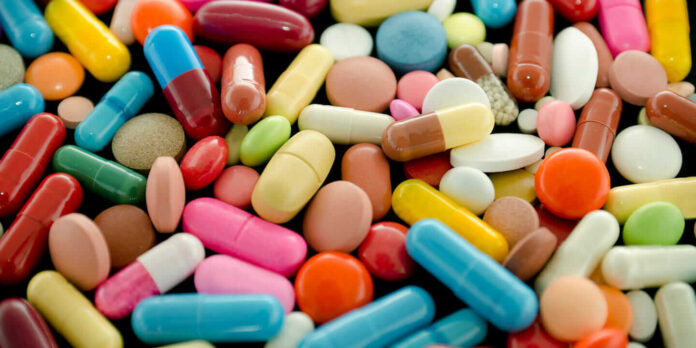KARACHI: On Monday 6 February, 70 pharmaceutical companies wrote a letter urging the government to increase the prices of medicines in Pakistan due to the rising inflation and significant rupee depreciation in the country. The letters were addressed to the federal minister and secretary of Ministry of Health Services, Regulation and Coordination and CEO of Drug Regulatory Authority of Pakistan (DRAP).
A copy of the letter is available with Business Recorder. According to the letter, the medicinal companies called the government to adjust the maximum retail prices of medicines according to inflation. They also indicated that failure to make such adjustments could lead to the collapse of the domestic pharmaceutical industry in Pakistan.
The former chairman of the Pakistan Pharmaceutical Manufacturing Association (PPMA), Mansoor Dilawar informed Business Recorder, “every company is sending separate letters to the relevant authorities. Around 70 companies have already written letters to the leadership to communicate their grievances and a total of nearly 300 letters will reach the government in the next few days.”
The impact of inflation and rupee devaluation
The companies reminded the government officials that the ubiquitous availability of medicines in Pakistan was dependent on the uninterrupted import of raw material. However, the pharmaceutical industry had suffered significantly due to the outbreak of COVID-19. The pandemic led to an exponential increase in the prices of pharmaceutical ingredients including the raw materials used in drug manufacturing in the international markets.
This conflated with skyrocketing inflation and the profound rupee devaluation. The Consumer Price Index (CPI) rose by 27.6% in January 2023 as compared to its amount in the same period in 2022. The rupee has also been facing sharp depreciation since the past few weeks. On Monday, the local currency closed at Rs 275.3 against the dollar.
According to sources, “80% of the raw material for the manufacturing of pharmaceuticals is imported. The persistent exchange rate fluctuations has created a situation wherein the pharmaceutical companies can’t sustain their operations in Pakistan. This is compounded with the imposition of duties and tariffs on imported raw material.”
The pharmaceutical companies lamented in the letters, “the cost of fuel, electricity, freight charges and packing material also witnessed unprecedented increase during the same period. Simultaneously,the rupee has devalued by more than 67% against the US dollar since July 2020.”
Our sources informed us that the production of pharmaceuticals in Pakistan requires significant energy. “Boilers and chillers need to operate on a massive scale to ensure the smooth manufacturing of pharmaceuticals. However, the energy costs have risen beyond sustainable levels.”
A potential collapse of pharmaceutical companies
This means that many pharmaceutical companies will cease their operations in Pakistan. “The collapse of the pharmaceutical sector could result in the non-availability of medicines to the patients and the public at large,” the companies cautioned the government.
In fact, Eli Lilly, the manufacturer of Humalog medical insulin used to treat diabetes has already closed its operations in Pakistan, as the pharmaceutical industry struggles to survive amidst the increasing product costs. The exodus of multinational pharmaceutical companies has accelerated in recent years. In July 2022, Sanofi Aventis Pakistan limited also exited, sellings its plants to local companies.
The consequential unavailability of medicines can inevitably trigger a national health emergency. Health professionals are concerned about the potential scarcity of medicine.
The Way Forward?
The only apparent solution is to increase the prices of medicines available in the market. Our source adds, “our government can not sustain the pharmaceutical industry from its own pockets. The only possible solutions are deregulation and price adjustments according to inflation and rupee devaluation.”
Similar measures were taken in Sri Lanka in April 2022. As the Sri Lankan rupee depreciated to Rs 370 against the dollar, the government raised the prices of medicines by 40% to ensure the smooth availability and accessibility of medicines in the country.
Dilawar reiterated that, “due to the uncertain economic situation, it has become entirely unsustainable for firms to manufacture and ensure the availability of medicines beyond the next seven days. The pharmaceutical companies have reached a consensus that they will not be able to continue production if they are not allowed to increase prices.”
“Over 100 factories have shut down over the past few months and if the industry is not allowed to make price adjustments, many more will cease to operate,” Dilawar further asserted.
























Medicine prices are going to pathetic situation in Pakistan
Fear Factor Khatron Ke Khiladi 13 Watch Online, Khatron Ke
Khiladi Season 13 Desi Tv Show, kkk 13 Online Episode Video.
Thank for sharing such informative contents